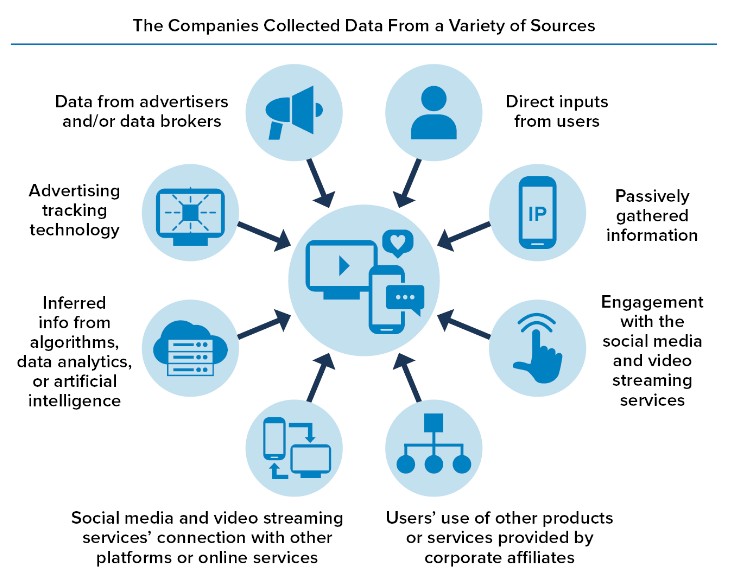
The Federal Trade Commission (FTC) released a preliminary report Friday exposing how companies leverage consumer data to set individualized prices for products and services. The investigation focused on six major firms providing pricing tools: Mastercard, Accenture, PROS, Bloomreach, Revionics, and McKinsey & Co.
The report uncovered that businesses can adjust prices based on detailed personal information, including:
- Geographic location
- Demographics
- Shopping patterns
- Website browsing behavior
- Mouse movement tracking
In one example highlighted by the FTC, new parents could face higher prices for baby products based on their consumer profile. The agency noted that the investigated companies serve up to 250 clients across retail sectors, from grocery chains to clothing stores.
The investigation stems from a July order requiring the six companies to disclose information about their pricing technologies. While the report remains in "staff perspective" stage, it has sparked debate within the FTC. Republican commissioners Andrew Ferguson and Melissa Holyoak opposed its early release before investigation completion.
Some companies named in the report have contested the findings. Mastercard stated they "do not provide surveillance pricing services" but rather help customers understand business trends. Revionics emphasized their software considers market-level factors rather than individual consumer data.
FTC Chair Lina Khan emphasized the importance of transparency, stating Americans deserve to know how their private information influences pricing. The agency has opened public comments for consumers and businesses to share experiences with surveillance pricing practices.
Due to confidentiality requirements, the report primarily presents hypothetical scenarios rather than specific company practices. The exact extent of consumer profiling varies among the investigated firms, though some can target promotions based on detailed personal characteristics like skin type and tone.
The FTC's findings raise questions about privacy and fairness in modern retail pricing strategies as companies increasingly harness consumer data to optimize their pricing models.